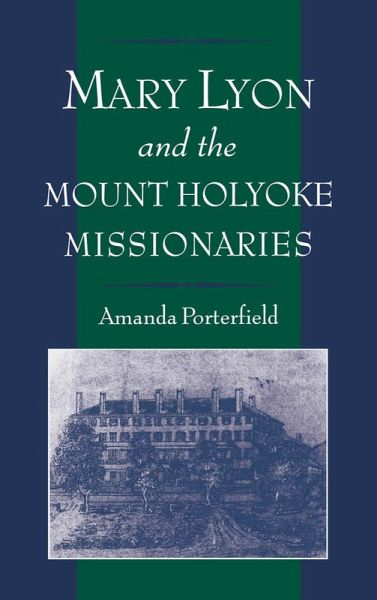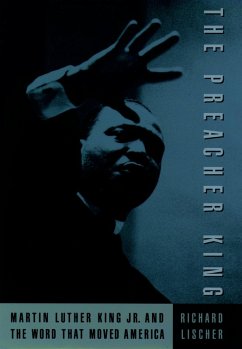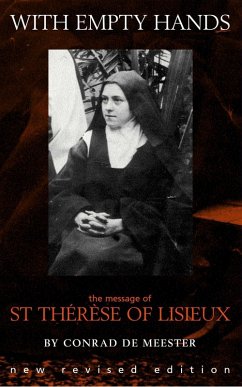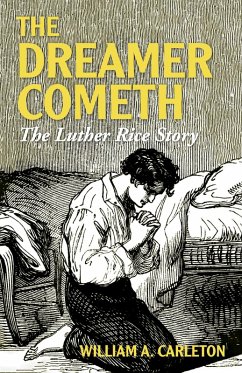
Mary Lyon and the Mount Holyoke Missionaries (eBook, PDF)
Versandkostenfrei!
Sofort per Download lieferbar
30,95 €
inkl. MwSt.
Weitere Ausgaben:

PAYBACK Punkte
15 °P sammeln!
American women played in important part in Protestant foreign missionary work from its early days at the beginning of the nineteenth century. This work allowed them to disseminate the Prostestant religious principles in which they believed, and by enabling them to acquire professional competence as teachers, to break into public life and create new opportunities for themselves and other women. No institution was more closely associated with women missionaries than Mount Holyoke College. In this book, Amanda Porterfield examines Mount Holyoke founder Mary Lyon and the missionary women she train...
American women played in important part in Protestant foreign missionary work from its early days at the beginning of the nineteenth century. This work allowed them to disseminate the Prostestant religious principles in which they believed, and by enabling them to acquire professional competence as teachers, to break into public life and create new opportunities for themselves and other women. No institution was more closely associated with women missionaries than Mount Holyoke College. In this book, Amanda Porterfield examines Mount Holyoke founder Mary Lyon and the missionary women she trained. Her students assembled in a number of particular mission fields, most importantly Persia, India, Ceylon, Hawaii, and Africa. Porterfield focuses on three sites where documentation about their activities is especially rich-- northwest Persia, Maharashtra in western India, and Natal in southeast Africa. All three of these sites figured importantly in antebellum missionary strategy; missionaries envisioned their converts launching the conquest of Islam from Persia, overturning "Satan's seat" in India, and drawing the African descendants of Ham into the fold of Christendom. Porterfield shows that although their primary goal of converting large numbers of women to Protestant Christianity remained elusive, antebellum missionary women promoted female literacy everywhere they went, along with belief in the superiority and scientific validity of Protestant orthodoxy, the necessity of monogamy and the importance of marital affection, and concern for the well-being of children and women. In this way, the missionary women contributed to cultural change in many parts of the world, and to the development of new cultures that combined missionary concepts with traditional ideals.
Dieser Download kann aus rechtlichen Gründen nur mit Rechnungsadresse in A, B, BG, CY, CZ, D, DK, EW, E, FIN, F, GR, HR, H, IRL, I, LT, L, LR, M, NL, PL, P, R, S, SLO, SK ausgeliefert werden.













